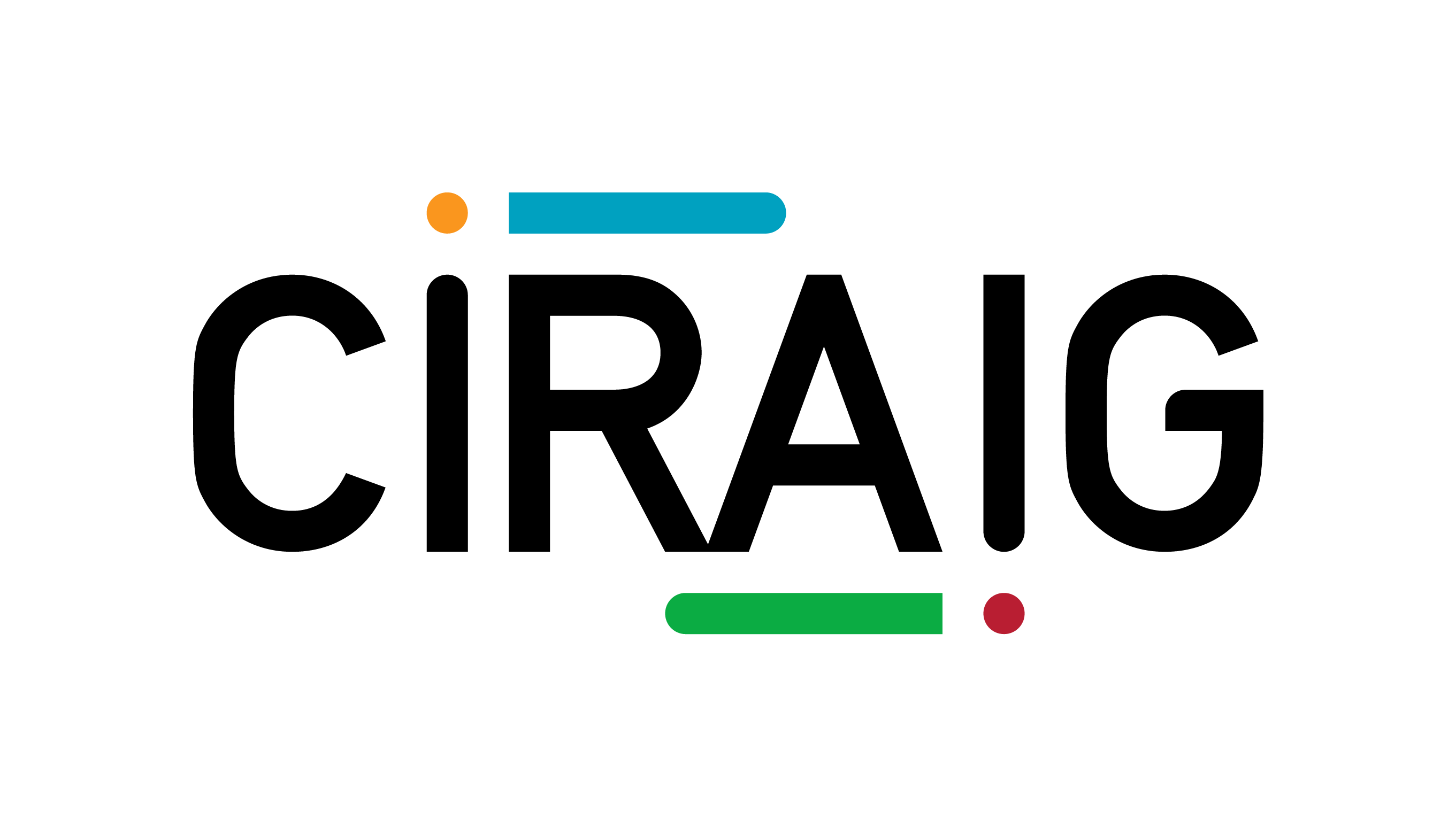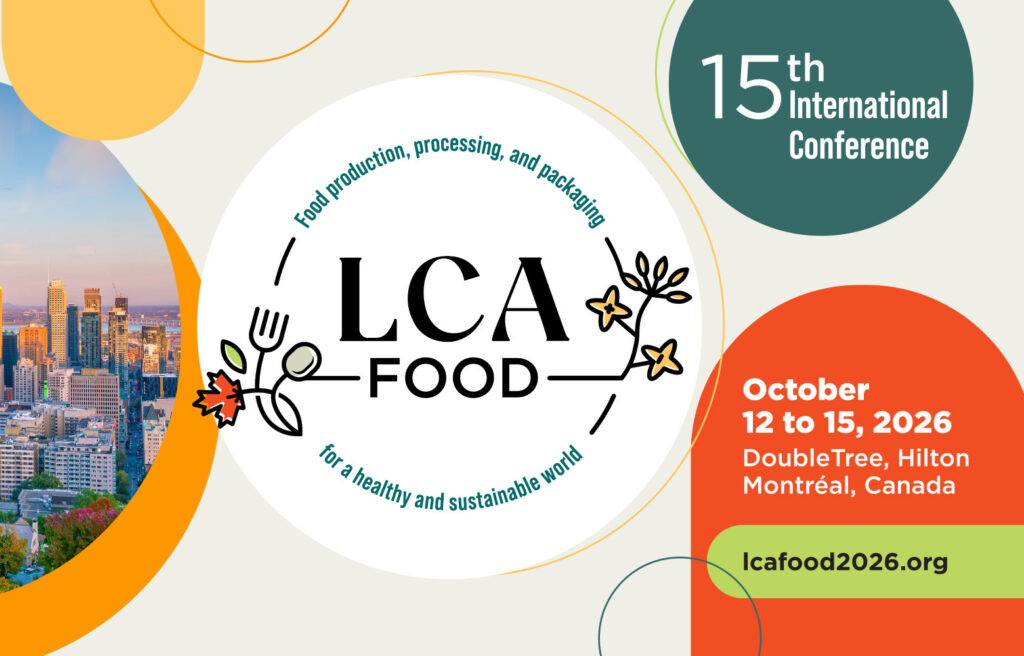Project
Nature and economy : an overview of the ecosystems in Quebec
A new publication under the direction of Jérôme Dupras and Jean-Pierre Revéret from the CIRAIG at the Université du Québec Press.

A new publication under the direction of Jérôme Dupras and Jean-Pierre Revéret from the CIRAIG at the Université du Québec Press.
Ecosystem services contribute as much to the well-being of individuals and communities as they do to economic activity. But what is the value of these non-market natural assets? There is a growing social, entrepreneurial and institutional demand for new economic indicators to measure and monitor changes in the state of ecosystems. This demand translates into the integration of ecosystem services into public or private decision-making processes, the development of public policies, or tools for implementing sustainable development and adapting to climate change. That is the context in which this book was developed, with the aim of sharing research on the value of ecosystem services specific to Quebec. Although the studies focus on this territory, the questions raised and the answers provided are nevertheless applicable to other contexts and scales. In addition to an overview of the concept of ecosystem services, the book offers a series of case studies on the economic valuation of these services. It also shows how economic indicators of ecosystem services can be integrated into decision-making processes. It is aimed at students as well as decision-makers and business analysts interested in the economic valuation of biodiversity and its benefits.
We use cookies on our website to give you the most relevant experience by remembering your preferences and repeat visits. By clicking “Accept”, you consent to the use of ALL the cookies.
Manage consent
Privacy Overview
This website uses cookies to improve your experience while you navigate through the website. Out of these, the cookies that are categorized as necessary are stored on your browser as they are essential for the working of basic functionalities of the website. We also use third-party cookies that help us analyze and understand how you use this website. These cookies will be stored in your browser only with your consent. You also have the option to opt-out of these cookies. But opting out of some of these cookies may affect your browsing experience.
Necessary cookies are absolutely essential for the website to function properly. This category only includes cookies that ensures basic functionalities and security features of the website. These cookies do not store any personal information.
Any cookies that may not be particularly necessary for the website to function and is used specifically to collect user personal data via analytics, ads, other embedded contents are termed as non-necessary cookies. It is mandatory to procure user consent prior to running these cookies on your website.
Your subscription could not be saved. Please try again.
Your subscription has been successful.




